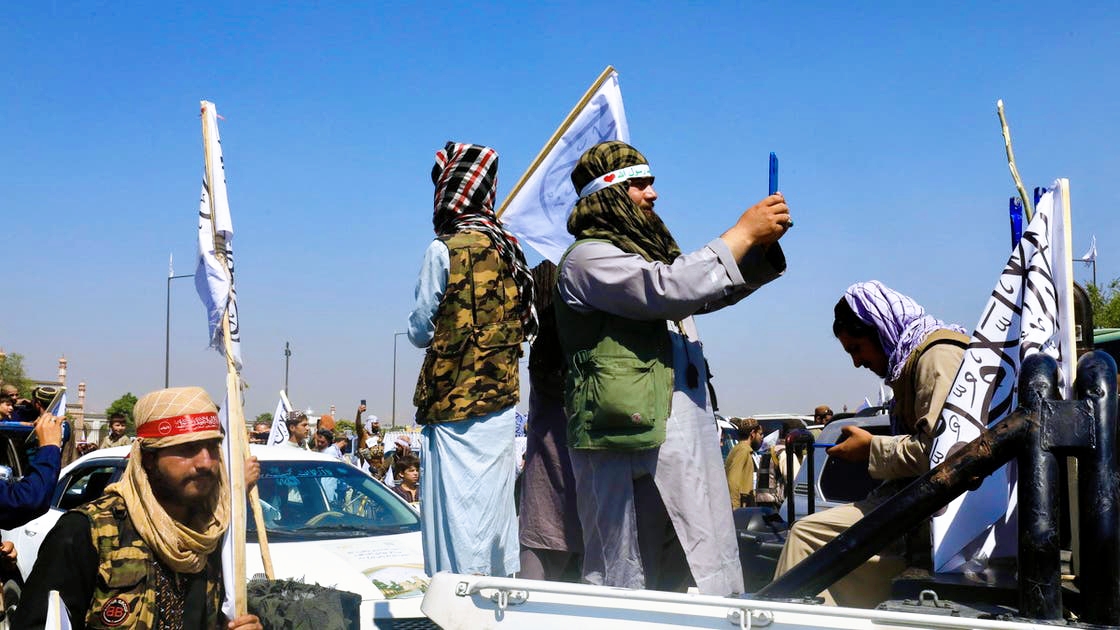The Taliban government has begun implementing extensive measures to restrict access to high-speed internet across the country, including a complete ban on fiber optic service and cutting off the wireless internet (Wi-Fi) in the city of Mazar-i-Sharif in Balkh province, northern Afghanistan.
Residents of Balkh province confirmed that the Taliban has gradually been rationing internet services for days, before cutting it off completely yesterday, Monday, with assurances from telecommunications companies that the decision came by direct orders from local authorities, based on directives from Taliban leader Hibatullah Akhundzada.
The Taliban justified this step by claiming "to prevent immorality and vice", noting that they had previously sought to ban applications like "TikTok" and "Pubg", but the high cost of blocking, which amounts to about $100,000 monthly, prevented them from doing so.
Local sources reported that home and office internet services have completely stopped, while mobile internet remains available but at very limited speeds.
Haji Zaid, the spokesperson for the Balkh governor, explained that this decision is a direct directive from Hibatullah Akhundzada aimed at reducing social deviations, adding that the government is seeking to find a domestic alternative to the internet.
Sources within the Taliban confirmed that the decision to cut off wireless internet came during a meeting between the Balkh governor Mohammad Yusuf Wafa and telecommunications company officials, who were informed that the decision was issued by the Taliban leader and must be implemented immediately.
At the same time, a group of Taliban ministers is preparing to head to Kandahar in the coming days to try to convince Hibatullah Akhundzada to reverse the decision, due to the significant risks it poses to youth and society in general, in addition to disrupting the work of government institutions and customs, and its negative impact on economic projects.
These measures are expected to expand to include other provinces in Afghanistan soon, with the aim of imposing stricter restrictions on high-speed internet services throughout the country.
It is worth noting that the Taliban, which seized power on August 15, 2021 following the withdrawal of American forces, has imposed strict and severe restrictions on daily life, especially on the rights of women and girls, and has applied its strict laws to all aspects of life in the country.

